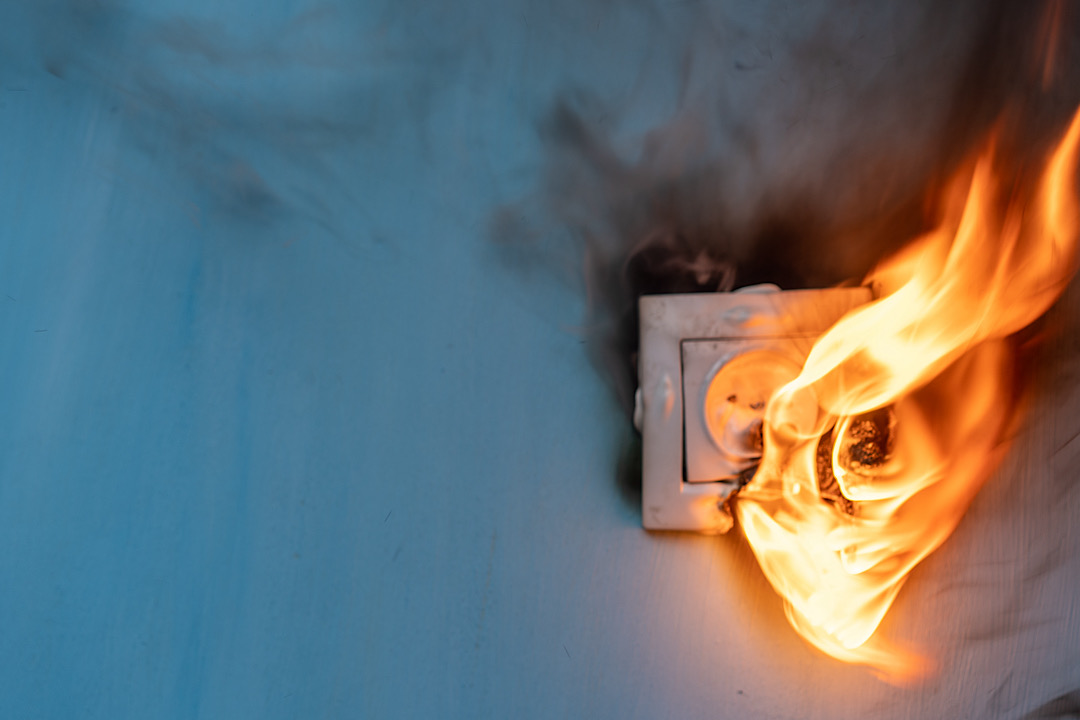Winter Electrical Safety Tips for Denver Homes: Essential Measures to Protect Your Home

Winter in Denver, CO, brings a unique set of challenges to homeowners, especially when it comes to electrical safety. The combination of cold temperatures, snow, and increased use of heating appliances can put a strain on home electrical systems. Ensuring the safety of your home during these cold months requires understanding the potential hazards and taking proactive steps to mitigate them. This article delves into essential electrical safety measures tailored to the winter season, focusing on winter safety, electrical tips, and the specific considerations for Denver homes.
Understanding Winter Electrical Hazards
Winter months often see an uptick in electrical fires and accidents, many of which are preventable with the right knowledge and precautions. The increased use of space heaters, electric blankets, and other heating devices can overload circuits and lead to fire hazards. Additionally, winter storms and snow accumulation can damage outdoor electrical systems, posing risks of electrocution and outages.
Denver’s climate, characterized by its dry winters and occasional heavy snowfalls, can exacerbate these risks. The city’s elevation also means colder temperatures, leading to longer periods when heating devices are in use. Recognizing these hazards is the first step toward ensuring the safety of your Denver home.
Proactive Measures for Winter Electrical Safety
Regular Inspection and Maintenance
- Heating Appliances: Ensure that space heaters, electric blankets, and other heating devices are in good working order. Look for any signs of wear and tear, such as frayed cords or loose connections, and replace any devices that are not functioning properly.
- Electrical System Check: Have a professional electrician inspect your home’s electrical system to ensure it can handle the increased load during winter. This inspection should include checking the condition of the wiring, circuit breakers, and outlets.
Safe Usage of Heating Devices
- Space Heaters: Always keep space heaters at least three feet away from anything that can burn, such as paper, clothing, and rugs. Never leave a space heater on when you leave the room or go to sleep.
- Electric Blankets: Follow the manufacturer’s instructions for use. Do not fold electric blankets when in use, as this can damage the wiring.
Protection Against Winter Storms
- Surge Protection: Install surge protectors to safeguard your home’s electronics and electrical system against power surges caused by winter storms.
- Outdoor Electrical Safety: Keep snow and ice away from outdoor electrical outlets and equipment. Ensure that outdoor electrical fixtures are properly sealed against moisture.
Emergency Preparedness
- Power Outage Kit: Prepare a kit with flashlights, batteries, and other essentials in case of a power outage. Consider investing in a portable generator for emergency power, but ensure it is used safely and kept outside to avoid carbon monoxide poisoning.
Winter in Denver requires homeowners to be vigilant about electrical safety. By understanding the potential hazards and implementing proactive safety measures, you can protect your home and loved ones from electrical fires and accidents. Regular inspections, safe usage of heating devices, protection against winter storms, and emergency preparedness are key to ensuring a safe and warm winter season.
Denver homeowners should not underestimate the importance of electrical safety during the winter months. Taking the time to inspect and maintain your home’s electrical system and devices can prevent accidents and ensure a comfortable season despite the cold.
